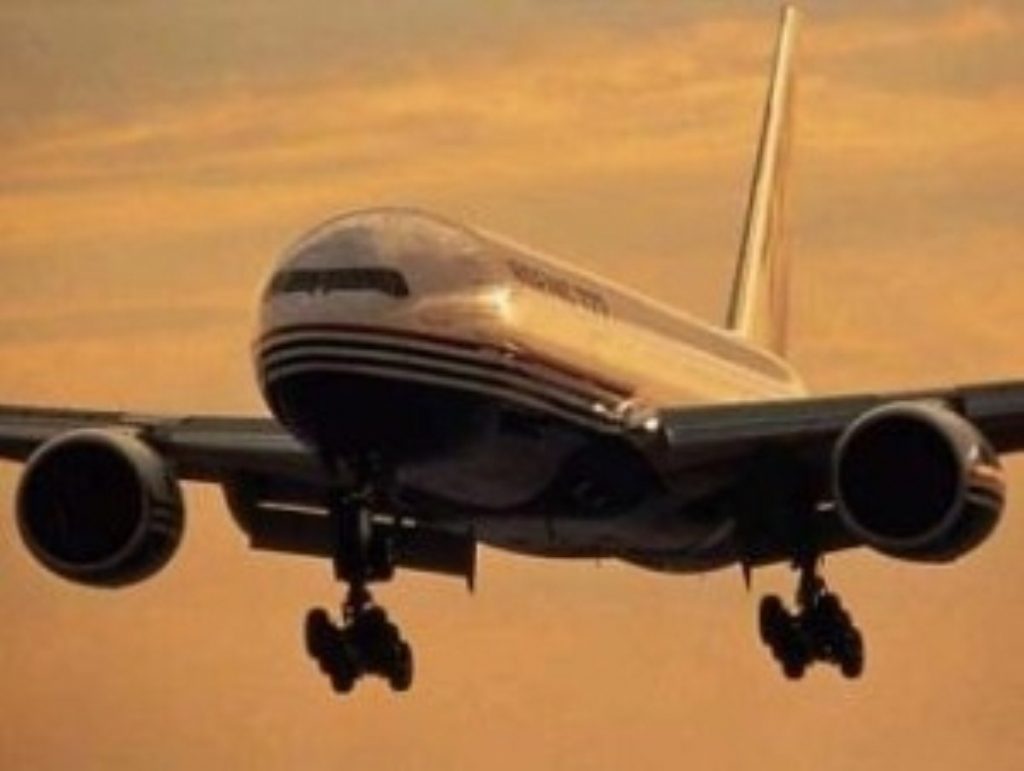New treatment for re-circulated cabin air
Sars has recently highlighted the risks of infectious agents transmitted in the close confines of passenger planes, but British researchers are developing a simple solution that will remove bugs as well as the unwelcome collection of nasty smells that are normally wafted around planes in re-circulated air.
QinetiQ has spotted the need for improved air quality in aircraft and is adapting photocatalytic systems initially developed for the treatment of the air aboard nuclear submarines. Here the problem was a build up of organic compounds derived from lubricants and oils on board that would otherwise reach unsustainable levels during long dived periods.
The solution is an elegant one, and consists of a UV light shining onto a titanium dioxide coated surface. Free radicals are emitted into the local atmosphere and these mount an assault on the molecules that would otherwise taint the air, breaking them down to simple harmless substances, commonly water and carbon dioxide.
These free radicals also destroy bacteria, viruses and spores.


The photocatalytic system lends itself particularly to aircraft applications as it can be constructed from lightweight materials, which are simple to maintain and easily added to existing ventilation systems, QinetiQ explains.
As well as enhancing the quality of significant proportion of re-circulated cabin air on planes, and reducing the perceived passenger risk of the spread of infection, the system can also remove contamination from high temperature lubricant, which affects the incoming air from the engine compressor stages of aircraft.
QinetiQ has already held discussions with major commercial aircraft manufacturers and major airlines who are reportedly ‘greatly interested’ in the cost-effective development of a system which will improve the passengers’ flight experience.
The systems are currently at bench scale stage, and the next step is to build a unit to demonstrate the technology at a size similar to that used in aircraft.
Research on the photocatalytic system is part of QinetiQ’s efforts to improvement the aircraft cabin environment, and as the company’s business development manager David Howells explains, their approach is multi-faceted.
“At QinetiQ, we are not constrained by a single approach”.
“We are also working on, and have solutions for, some of the old flying bugbears like the endless drone and vibration noises, as well as the inevitable aircraft odours, that can assail aircraft passengers.”
Efforts to address fears of contracting dangerous illnesses through flying will be welcomed by the air industry, following the impact of Sars.
Flight schedule provider OAG issued a report earlier this month, which suggests the virus has had a more significant impact on the global airline industry than the Iraq conflict.
Despite signs of recovery earlier this year, OAG reports a 3% drop in the total number of scheduled flights compared to last year – equivalent to over 2.5 million seats.
Predictably, China and the Asia Pacific region have suffered the most, with a reduction of 45% in flights to and from China.

